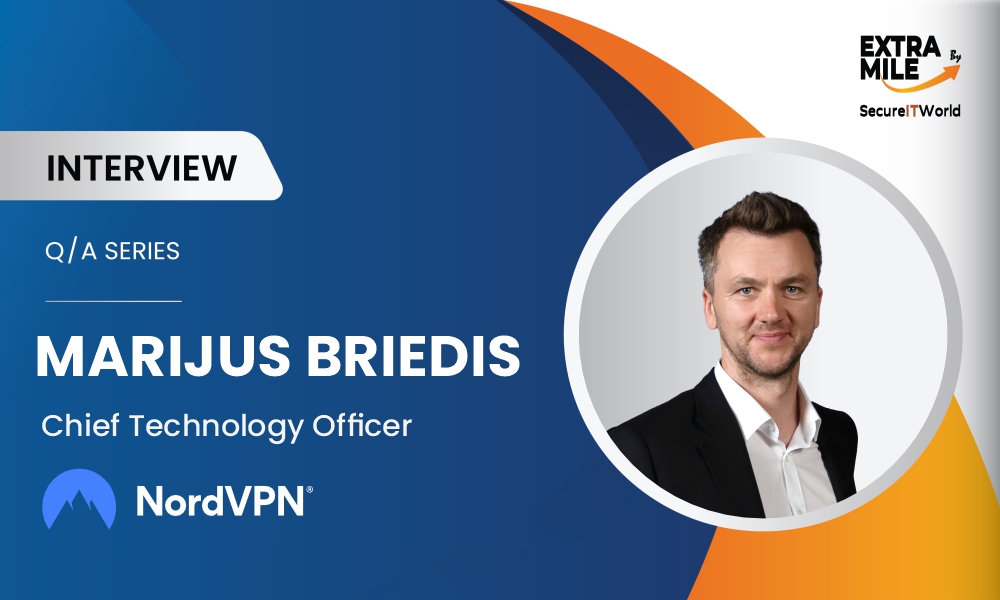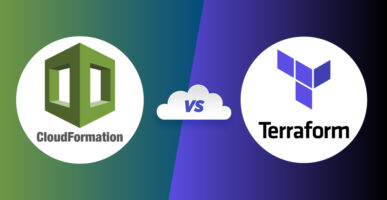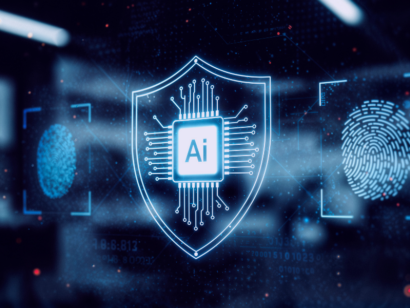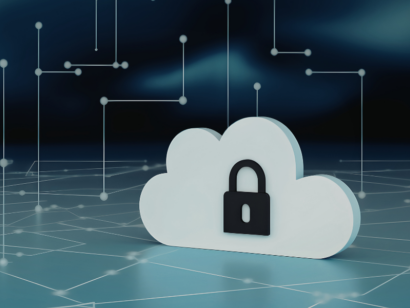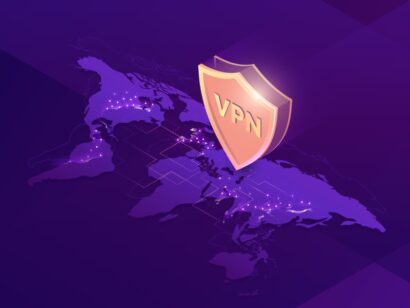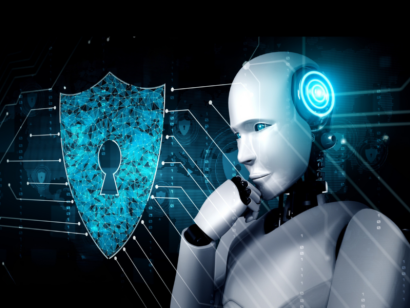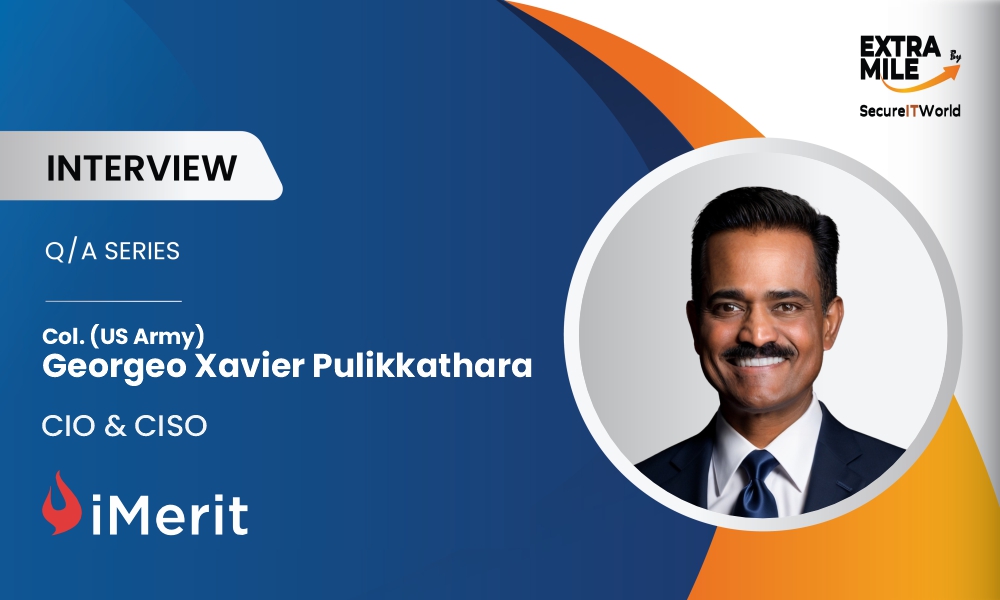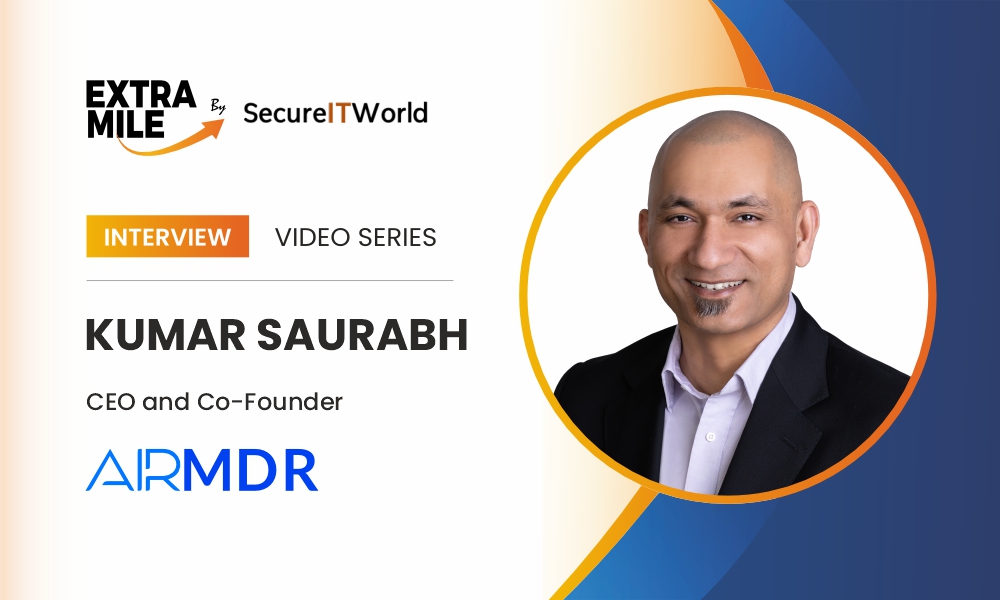Digital SecurityDiscover the leading insights on the cybersecurity shifts, challenges, and strategies with the ExtraMile by SecureITWorld Q&A series. In every session, we connect with top voices in the tech and cybersecurity space to highlight the key advancements in the industry.
In today’s conversation, we are delighted to introduce our guest, Marijus Briedis, the Chief Technology Officer of NordVPN. As a pioneer in security services, NordVPN is a segment of Nord Security and has been assisting millions across the globe in strengthening their digital security and privacy. Its services are accessible in around 118 nations.
With remarkable contributions to the IT and digital security, Marijus looks after NordVPN’s technological growth and transformation. He has been the key driving force behind the design, development, and implementation of the NordLynx protocol, which is acknowledged as the most advanced VPN service.
Throughout the discussions, we’ll explore Marijus’ professional journey, his major responsibilities at NordVPN, and the importance of cyber resilience. Additionally, we’ll learn how NordVPN is assisting users in safeguarding their digital security and privacy.
Welcome, Marijus; it’s a pleasure to host you today!
1. As a cybersecurity expert, you have spent over a decade in the industry. Share the major highlights from your journey so far with us.
Marijus. Over the past decade, I’ve watched cybersecurity become a key aspect of the current digital era, and the journey has been full of challenges and breakthroughs. However, one of my most significant achievements at Nord Security is the development, design and implementation of the NordLynx protocol, based on the WireGuard® protocol. At the time of development, we prioritized speed, safety, privacy, and innovation at scale. Another major highlight of my career is the implementation of post-quantum encryption. I am incredibly proud of this step towards higher security standards. I also view my transition to the top executive position as a challenging but highly rewarding achievement.
2. Walk us through your core responsibilities as the CTO at Nord Security. How are you advancing the tech vision of the organization?
Marijus. As CTO, I always have to have one foot in the present and one in the future. On one hand, I oversee a large team of developers, system administrators, and other technology specialists, making sure that Nord Security thrives in the cybersecurity landscape. On the other, my role is to anticipate where threats, user needs, and technologies are heading, to make sure that we’re a step ahead. This is why we invest heavily in R&D, encryption standards, and post-quantum security. In my opinion, security has to be invisible yet unbreakable. So if we can make cutting-edge protection that is effortless for users, then we’ve done our job right.
3. Why is it crucial to stay cyber resilient in today’s digital era? Which threats generally arise for individuals and companies in case of vulnerabilities?
Marijus. From the past couple of years, we can see that ransomware can paralyze governments and large corporations overnight, and phishing can bankrupt small businesses. For individuals, vulnerabilities often lead to identity theft, account takeovers, and scams through social media or even public Wi-fi. Cyber resilience is crucial for organizations to thrive. Companies face long-term consequences, including loss of customer trust, compliance violations and severe reputational damage. The truth is, attackers don’t need a perfect environment to act, they just need one security gap to move in. Resilience means understanding and accepting that breaches will be attempted, and building systems that can withstand, adapt, and recover from such attempts.
4. NordVPN has integrated post-quantum encryption in all its applications. How does it ensure the resilience and confidentiality of your customer data? Can you share any use cases in this regard?
Marijus. Quantum computing has the potential to break the cryptography that secures today’s internet in the future, since traditional encryption methods used by most VPN protocols today will become vulnerable eventually. We can’t afford to wait until that moment arrives. That’s why NordVPN took a proactive step and integrated PQE into all its apps, since its purpose is to secure data against both current and future threats posed by quantum computing technology.
Post-quantum cryptography prevents “harvest now, decrypt later” attacks, where cybercriminals collect the encrypted traffic data today with the sole purpose of decrypting it once quantum computing is developed further. For businesses, this means safeguarding sensitive records in finance, healthcare, and government. For individual users, it protects private data like banking details, medical information, and personal communications. This ensures they remain secure even against future quantum-powered threats
5. With increased implementation of AI in every industry, how do you see the threat environment evolving? How do organizations and AI leaders look for ethical model development and adoption?
Marijus. AI is making a dent and reshaping the threat landscape. Attackers are already using AI to automate phishing, create convincing deepfakes, and probe systems faster than humans can respond. We’re also seeing a rise of AI-powered malware attacks, which are evolving far more quickly than traditional threat methods. However, AI itself can be vulnerable, many models collect and use sensitive data, at times without users’ consent or knowledge. There’s also the danger of data leakage through poorly secured AI systems, which creates major privacy risks.
But at the same time, AI can be harnessed for anomaly detection, fraud prevention, and predictive analytics, which makes the line between use and misuse very thin. That’s why ethical model development is crucial. AI adoption is inevitable, therefore, the adoption of its models should be approached with a “trust but verify” mindset.
6. Nord Security’s travel eSIM app Saily has recently unveiled Saily Ultra, a new premium plan. How will this advancement fulfil connectivity requirements, ensuring online privacy?
Marijus. Travelers usually need two things above all: seamless connectivity and uncompromised security. Saily Ultra combines unlimited global eSIM data in 110+ destinations and built-in privacy and security features: users can change their geolocation and block potentially malicious websites, trackers, and ads. Ultra also integrates access to Nord Security’s full product suite – NordVPN, NordPass, NordLocker, and Incogni. Making a digital nomad work securely across borders, so a business traveler can protect sensitive communication, and even leisure travelers can guard against identity theft while booking trips online. For us, Saily Ultra is about making travel safer, smarter, and stress-free.
7. Identity theft has emerged as a global issue from the perspective of cybersecurity. How does NordProtect help users combat identity theft and stay secure?
Marijus. Identity theft is one of the most personal forms of cybercrime, since it takes over your name, your finances, and essentially your life. Instead of passively waiting and hoping your personal data is safe, NordProtect is designed to help you be protective about your identity. It continuously scans for personal data exposed in breaches, monitors the dark web, helps remove sensitive information from data broker sites, monitors credit and sends immediate alerts so users can act fast and can get ahead of bigger problems. In simple terms, NordProtect ensures you’re one step ahead of cybercriminals.
8. What is your perspective on the future of cybersecurity? Which technologies and practices are set to bring about a shift in this industry?
Marijus. I think that the future of cybersecurity will be defined by three main forces: quantum computing, AI and zero trust design. Each and one of them will put pressure on today's cybersecurity defences. Quantum computing is no longer science fiction. Once it’s developed to its full potential the encryption we rely on today to secure banking, healthcare, and government systems could be broken in hours. That’s why the shift towards post-quantum encryption is crucial. AI is already changing the cybersecurity landscape. The truth is, artificial intelligence is a double-edged sword – cybercriminals are using it as a weapon, and security teams are utilizing it to strengthen security. Finally, zero-trust architecture will pave the way forward. Every user, every device and every request has to be verified without exceptions. With this mindset, we can keep critical systems running if hackers get through the first layers of defence.
Discover More In-depth Interviews:

